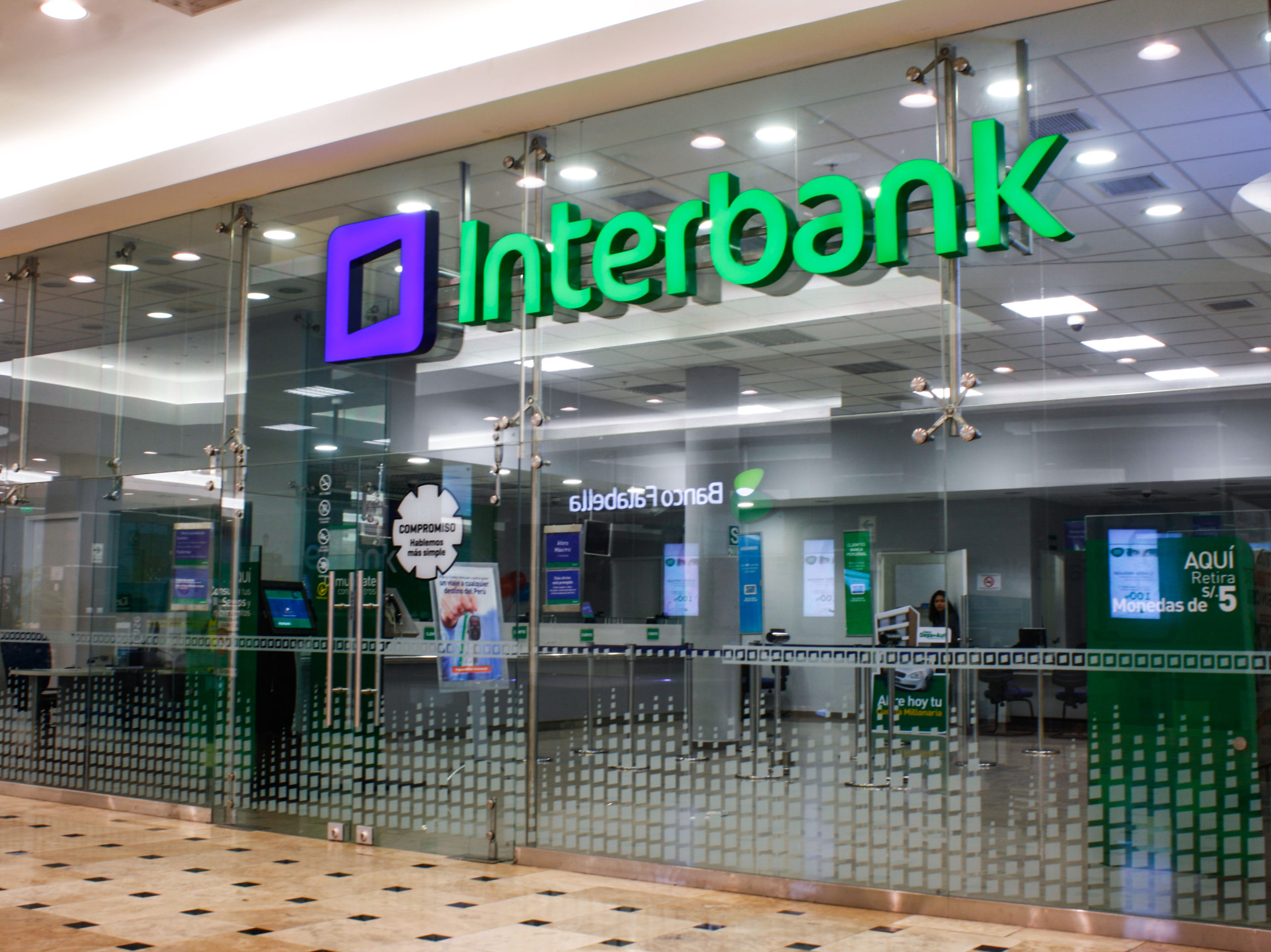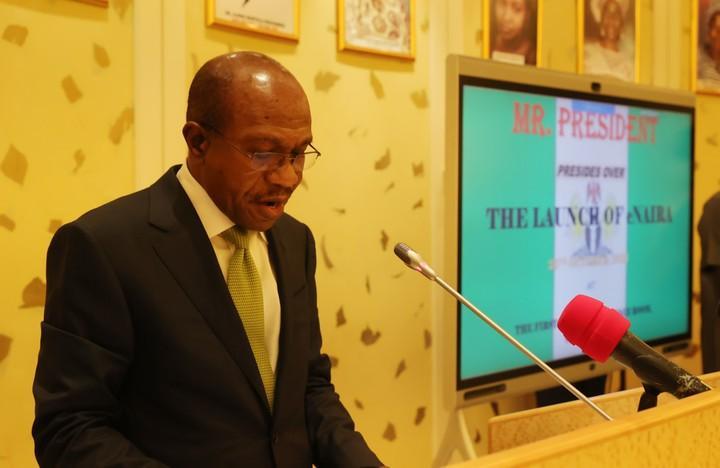- CBN Shouldn’t Reduce Benchmark Interest Rate – Experts
Financial and economic experts have said a downward review of the Monetary Policy Rate by the Central Bank of Nigeria will no longer be necessary.
Private sector operators and some stakeholders, including experts have been clamouring for a reduction in the MPR to enable the real sector to access more credit from banks.
According to the experts, who spoke to our correspondent in separate interviews, a review of the MPR will bring about undesired results, considering the fact that the country is recovering from recession, and preparing for elections.
The Managing Director/Chief Executive Officer, Cowry Asset Management Limited, Mr. Johnson Chukwu, said the MPR was not likely to reduce anytime soon because the Monetary Policy Committee of the CBN was contending with managing the exchange rate.
He noted that although high interest rates were limiting access to credit by Small and Medium-Scale Enterprises, a number of other factors were also responsible.
Chukwu stated that banks were reluctant to lend to SMEs because many of them could not contain the difficulties of running their businesses profitably, particularly due to the high cost of energy and transportation facilities.
He said, “Even if the MPR comes down, banks will likely not lap on to giving credit to SMEs; they will prefer to give to institutional borrowers who have stronger cash flows. For SMEs to become attractive to banks for lending purposes, a lot more needs to be done aside from the lending rates.
“The government must involve a risk-sharing arrangement to mitigate risks involved in lending to SMEs. This will encourage banks to lend to SMEs because they will not be solely responsible for failures.”
According to Chukwu, since the 2019 general elections are approaching, there will be a lot of spending, which will increase liquidity in the economy and make it difficult to manage the economy.
He said a review of the interest rate would put pressure on the nation’s inflation and exchange rates.
The Director-General, West African Institute for Financial and Economic Management, Prof. Akpan Ekpo, said, “What the CBN is doing now is in order. I hope there will be more co-ordination and cooperation between the CBN and the Ministry of Finance. Once elections come, there would be a spending spree, and I am sure this is what they are trying to guard against. Besides, since inflation is coming down now, why bother?”
Ekpo urged the CBN to focus more on policy interventions, saying, “If the economy can grow above its population growth rate, then the CBN can adjust the MPR to see whether it would affect the lending rates.
“Looking at 1981 to 2017, MPR has always been double digit on an average and the economy was doing well. It is because we hit a recession that the lending rate became an issue. The only time the MPR should be increased is when the economy registers a growth rate of about eight per cent, which has not happened for a long time. I doubt the reduction any time soon. Rather, I foresee an increase.”
He said rather than clamouring for a reduction in interest rate, stakeholders should call for an investigation into funds disbursed to banks by the CBN for SMEs.
Ekpo stated that most banks demanded a lot of documentation and collateral from SMEs, adding that when they could satisfy the requirements, the banks allocated the funds to big investors and companies.
“We need banks that target SMEs alone. The CBN should empower microfinance banks, exclude big banks from having microfinance banks, and monitor the money to make sure it gets to the SMEs,” he added.
A professor of Economics at Olabisi Onabanjo University, Ogun State, Sheriffdeen Tella, said the increase in MPR ought to have been done a long time ago.
According to him, there is no need to increase it now since inflation is decreasing steadily, and the economy is out of recession.
He said, “Whenever implementation of the budget starts, there will be a lot of spending ahead of the elections. The CBN will want to keep the interest rate the way it is to reduce spending and guard against increased liquidity.”
According to Tella, there is enough money in circulation, of which a greater proportion is held by top officials for election campaign.
“Personally, I do not think the interest rate should be reduced, but rather, a window should be opened for SMEs to borrow funds at lower rates. A reduction in the MPR is the last thing Nigeria needs now,” he added.

 Naira4 weeks ago
Naira4 weeks ago
 Naira3 weeks ago
Naira3 weeks ago


 Naira4 weeks ago
Naira4 weeks ago




 Naira3 weeks ago
Naira3 weeks ago
 Commodities4 weeks ago
Commodities4 weeks ago


 Sport Business4 weeks ago
Sport Business4 weeks ago


 News3 weeks ago
News3 weeks ago


 Banking Sector4 weeks ago
Banking Sector4 weeks ago
























